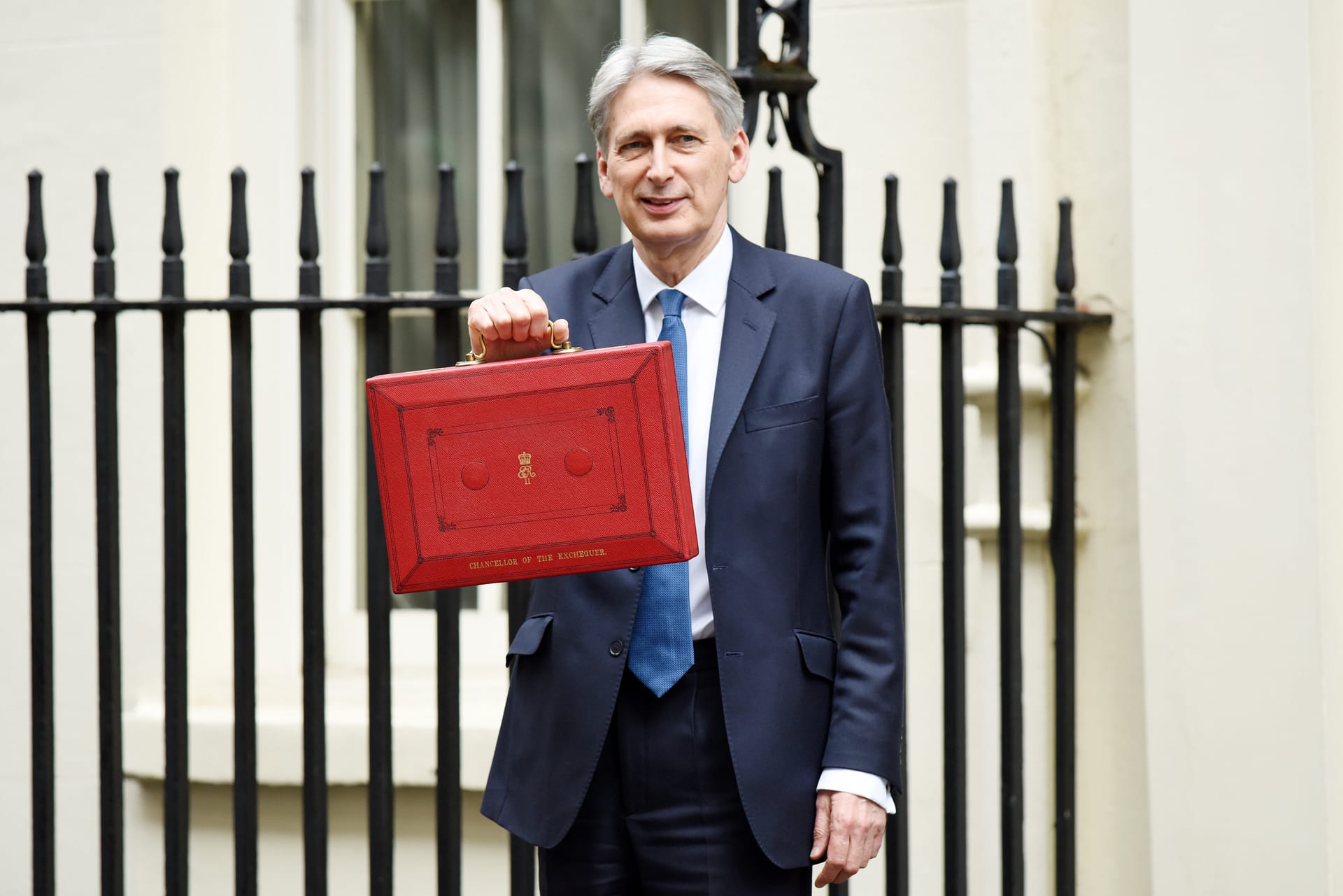Observed by policymakers, capital markets, business leaders and consumers alike, the consumer price index (CPI) is the most widely acknowledged measure of the impact of inflation.
Following a surprise dip to 9.9% in August, the UK’s CPI returned to double digits once again in September to 10.1%, equaling the 40-year high set back in July, according to data from the country’s Office for National Statistics.
Pushing the CPI upwards has primarily been housing, household costs, and skyrocketing food and non-alcoholic beverage prices. In particular, food and drink prices jumped 14.5% in the 12 months to September, up from 13.1% in August. This is believed to be the biggest increase since 1980.
Housing, water, electricity and gas costs soared 20.2% in the 12 months to September, a marginal increase on the 20% rate reported in August.
If the latest CPI data makes for bad reading, “the weakness of the pound in recent weeks, along with the political turmoil, has had a significant upward impact when it comes to UK inflation,” says CMC Markets’ chief market analyst, Michael Hewson (read more here). Whether that’s a lower pound pushing up import costs or soaring borrowing costs resulting in higher mortgage rates, the pressure is on pocketbooks.
This cocktail of headwinds, caused in part by short-lived chancellor Kwasi Kwarteng’s botched mini-budget, had led to fears that the Bank of England may have to take drastic action when it meets on Thursday 3 November. Despite the new chancellor Jeremy Hunt’s decision to rip up his predecessor’s plans, analysts are expecting a rate increase up to 3%, in what would be an echo of the European Central Bank’s decision last week. Two major credit rating agencies, Fitch and Moody’s, seem to echo this this sentiment, having recently downgraded the UK economy from stable to negative.
“With fiscal policy now set to be a lot tighter despite warnings about raising tax rates into a slowdown, the scope for the Bank of England to be more aggressive is now said to be more limited, due to concerns about the impact on demand,” explains Hewson.
The rate hike conundrum
The mess of the past several weeks has left the Bank of England facing a dilemma before the meeting on Thursday. While a full-percentage point hike looks to be off the table, an increase of 75bps or 50bps seems more likely.
This would push the key interest rate to 3%, the highest level it’s been at since 2008, and it would be the biggest single rate jump in 33 years, according to Bloomberg.
With September’s CPI indicating that the UK has possibly already entered a recession, the central bank’s job is to try to cool the economy by taming inflation and price pressures. In early October, the International Monetary Fund warned global central banks that hiking rates too quickly could lead to a “prolonged recession”.
While the near-term rate policy stance the Bank of England needs to take is pretty clear cut, the peak of the rate cycle is not as easy to forecast. Hewson says that any rate increases after the 3 November meeting “are likely to be much slower”.
“The Bank of England will also have to deliver its latest economic forecasts for inflation and GDP. Let’s hope they are more accurate than they have been so far this year,” Hewson adds.
Forecasts are typically drawn up using market prices from a period in the lead up to a meeting, which on this occasion would reflect the mini-budget fallout. The Bank of England may have to break away from this model if it wants to deliver predictions that are more accurate.






Leave a Comment